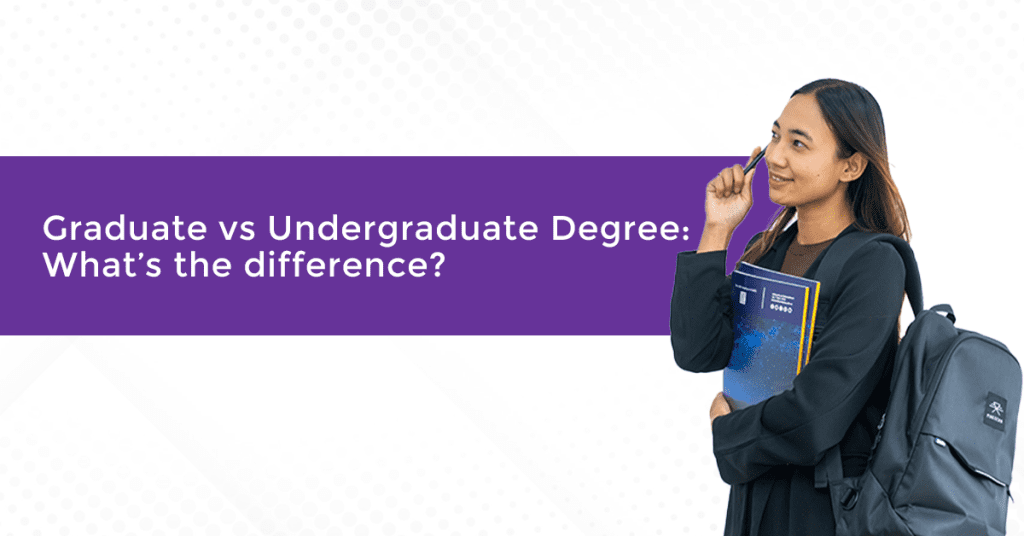Introduction
The UK has become one of the most sought-after locations in recent years for overseas students pursuing higher education. For individuals looking to broaden their horizons and receive a top-notch education, the UK offers a compelling option thanks to its rich academic tradition, diverse cultural landscape, and internationally renowned institutions. We will examine the several factors that make deciding to pursue additional education in the UK a potentially life-altering choice in this extensive guide.
Academic Excellence and Prestigious Institutions
The University of Oxford, the University of Cambridge, Imperial College London, and London School of Economics are just a few of the world-famous universities that have their roots in the UK. These universities have a lengthy history of cutting-edge research, academic brilliance, and innovation. The focus on demanding academic standards guarantees that students get a top-notch education that is respected all around the world.
Wide Range of Courses and Specializations
The UK provides a wide variety of courses and specialties, whether you are interested in the arts, sciences, engineering, business, law, or any other profession. This variety enables students to customize their education to meet their unique interests and career goals, resulting in a well-rounded and satisfying educational experience.
World-Renowned faculty and Research Opportunities
Students have access to eminent professors who are authorities in their subjects when they study in the UK. In order to further their academic and personal development, students can take part in ground-breaking research projects, participate in insightful conversations, and learn from thought leaders.
Cultural Diversity and Global Networking
International students have a rare opportunity to meet with peers from other countries thanks to the diversified environment in the UK. In addition to enhancing their academic experience, this exposure aids in the development of a global network that will be helpful to them in their future professional endeavors. The UK’s varied culture also enables students to interact with many viewpoints, encouraging cultural sensitivity and open-mindedness.
Language Advantage
Non-native English speakers have the opportunity to fully immerse oneself in the language by studying in an English-speaking nation like the UK. This may result in better language abilities, which are very important in a job market that is becoming more international. Developing your English also gives you access to a variety of foreign work prospects.
Internship and Job Prospects
For overseas students, the UK offers outstanding internship and employment opportunities. The nation boasts a vibrant labor market with openings in a number of industries. Numerous universities also have solid relationships with businesses, which they use to help students get internships, job placements, and networking opportunities that considerably improve their employability.
Quality of Life and Student Support
The UK is committed to providing high-quality educational opportunities, including student support services. Universities frequently provide thorough support networks that include academic counseling, career counseling, health services, and aid for international students. This guarantees that students may concentrate on their studies and personal development without having to worry about anything.
Historic and Modern Blend
Students will find the UK’s distinctive combination of modernism and historic charm to be a fascinating place. Students can experience both the richness of history and the vibrancy of present culture while studying abroad in the UK, which will be both intellectually interesting and personally enriching.
Cultural and Recreational Activities
The UK offers a wide variety of cultural and leisure activities in addition to academic pursuits. Students can explore a range of interests and hobbies, making their educational journey a complete and fascinating experience, in places ranging from top-notch museums and theaters to stunning rural settings.
Gateway to Europe
The strategic location of the UK makes it a great starting point for touring Europe. Students can conveniently visit nearby nations to experience various cultures and broaden their horizons. Their entire education and personal growth gain a new dimension as a result of this.
Conclusion
Making the decision to pursue additional education in the UK can have a favorable impact on one’s future. The UK offers a thorough and engaging educational experience with its high academic standards, broad cultural landscape, and many options. The UK offers the ideal setting for international students to learn, develop, and thrive on a global scale, with world-class institutions, a booming job market, and a distinctive cultural blend. The UK is unquestionably a top option if you’re looking for a top-notch education and a memorable experience.
For any queries contact us:
https://educationtreeglobal.com/contact/

 Menu
Menu



